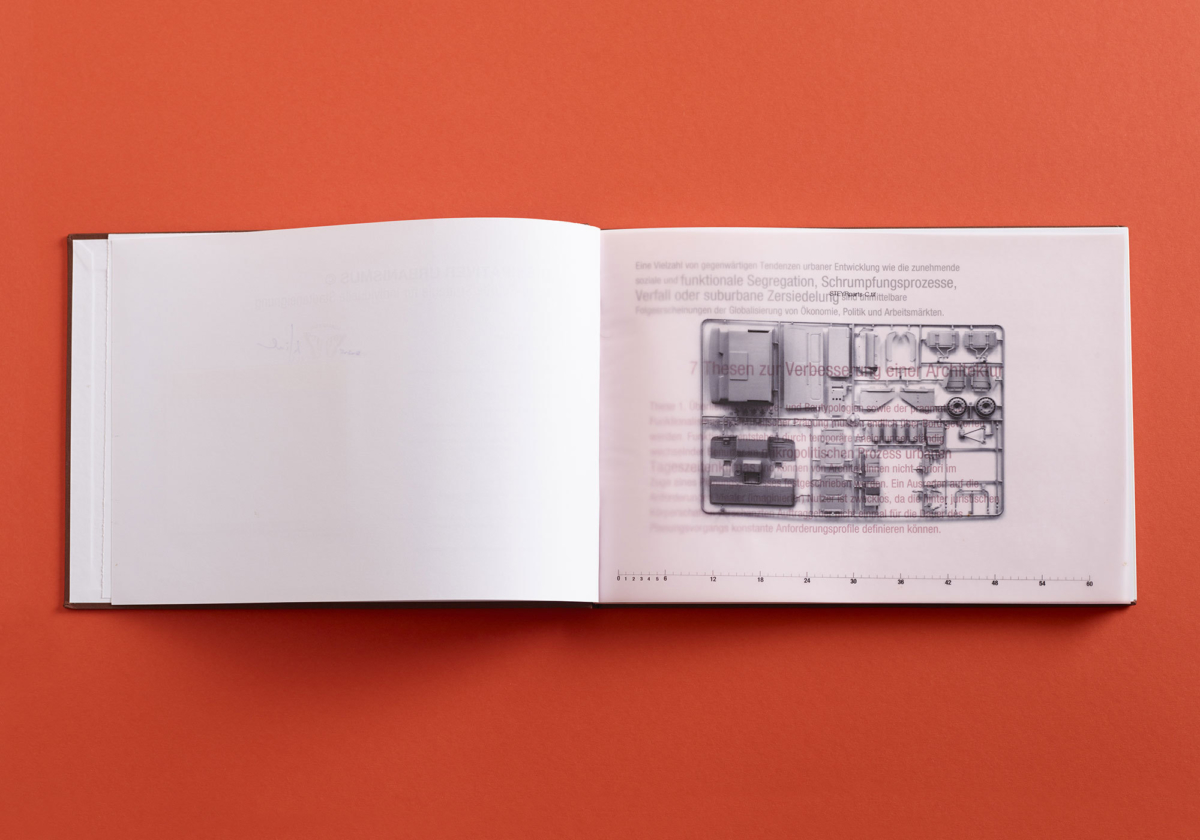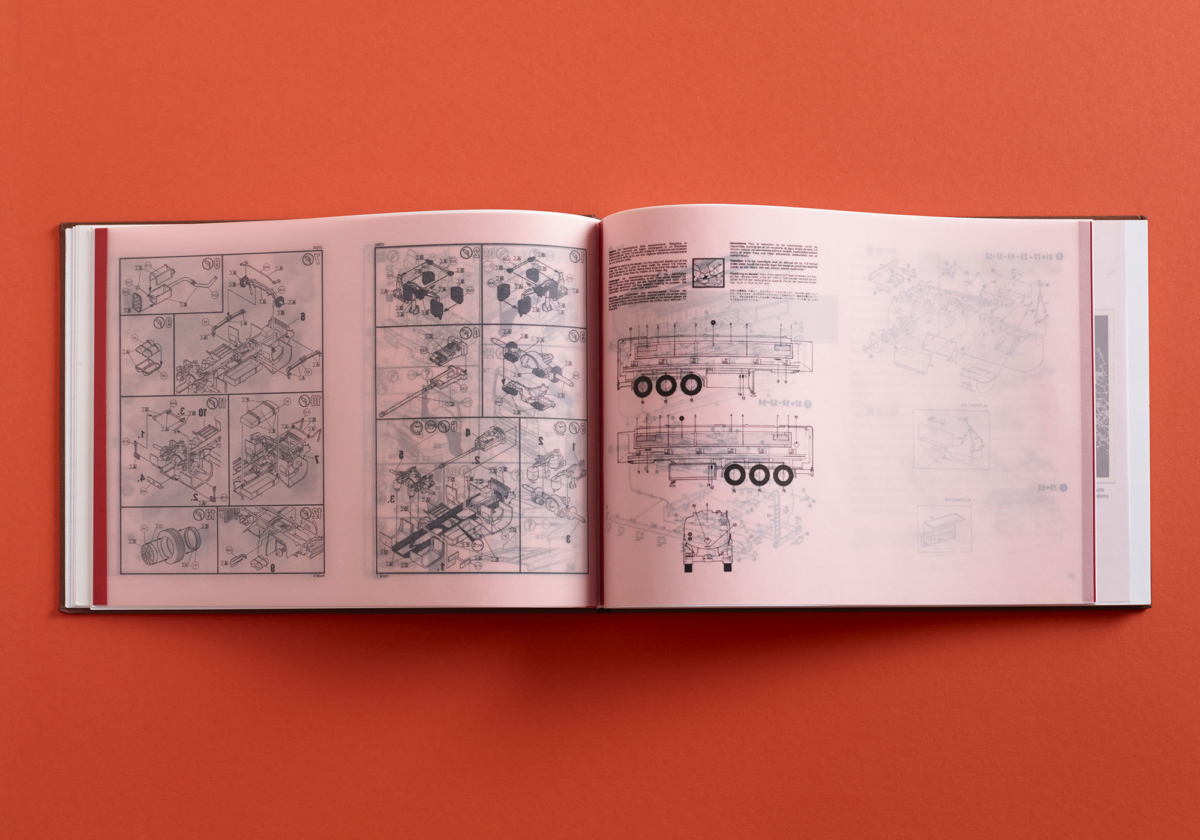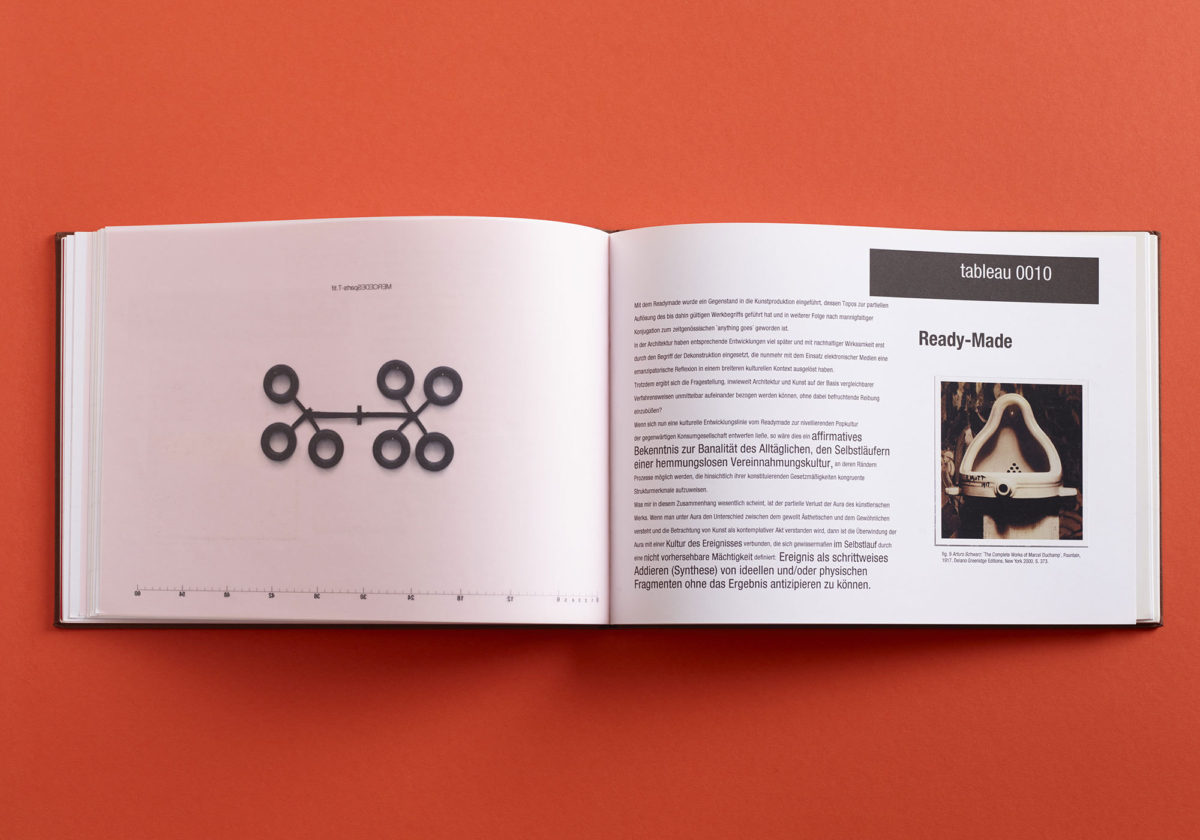Many of the contemporary urban developments, such as the increased social- and functional segregation, hyper growth, shrinkage, abandoned spaces, decay or urban sprawl are immediate results of globalized economies, politics and labor markets. The fate of urban settlement has to be viewed the backdrop of emergent ecologies and their global repercussions.
The idea of “Dissipative Urbanism” proposes to utilize the theory of Dissipative Systems for a holistic insight into urban dynamics by way of shifting the focus from traditional passive modes of analytical top down investigations into already existing problems to heuristic models and readily accessible representations of the multiple and complex processes well in advance.
The methodological approach is to scrutinize the findings of experimental settings (concrete interventions in public urban space) with respect to their value as epistemological operations, i.e. bodily experience as acquired in the course of an event. It is of significant importance though, to run these experiments along with a process hermeneutical reflection. Language is indeed merely a starting point for the subsequent scientific formalisation, which starts out with set theory in order to eventuate in a topology of human perception (Michel Serres).
Regarding the ethical and socio-political aspects of the work, the call for individual urban appropriation is closely linked with a paradigmatic shift from “ends” to “means”, vividly illustrated by the likes of Giorgio Agamben or Paul Virilio. Every such innovation can only begin with an event (as defined by Alain Badiou), an exceptional (though invariably ephemeral) break with the status quo.




